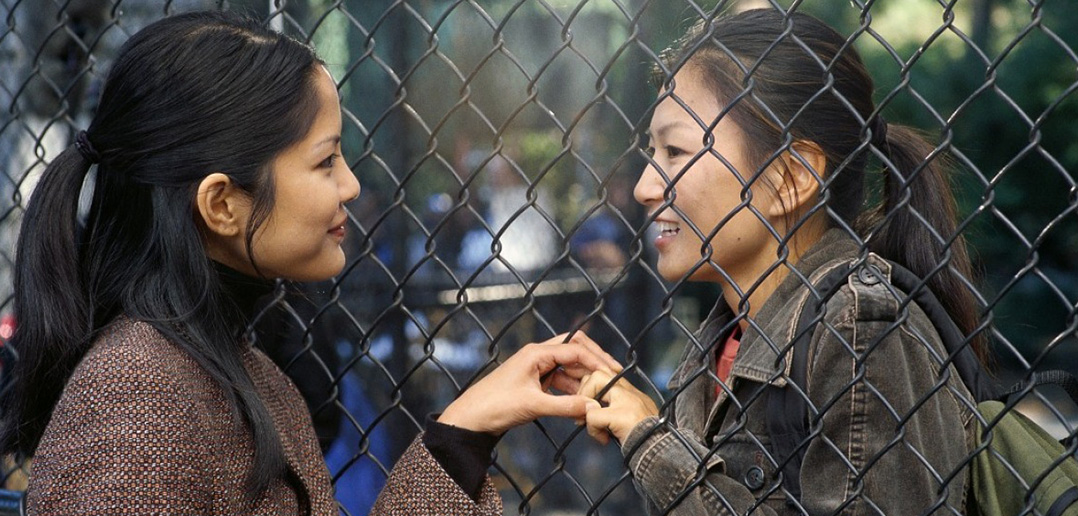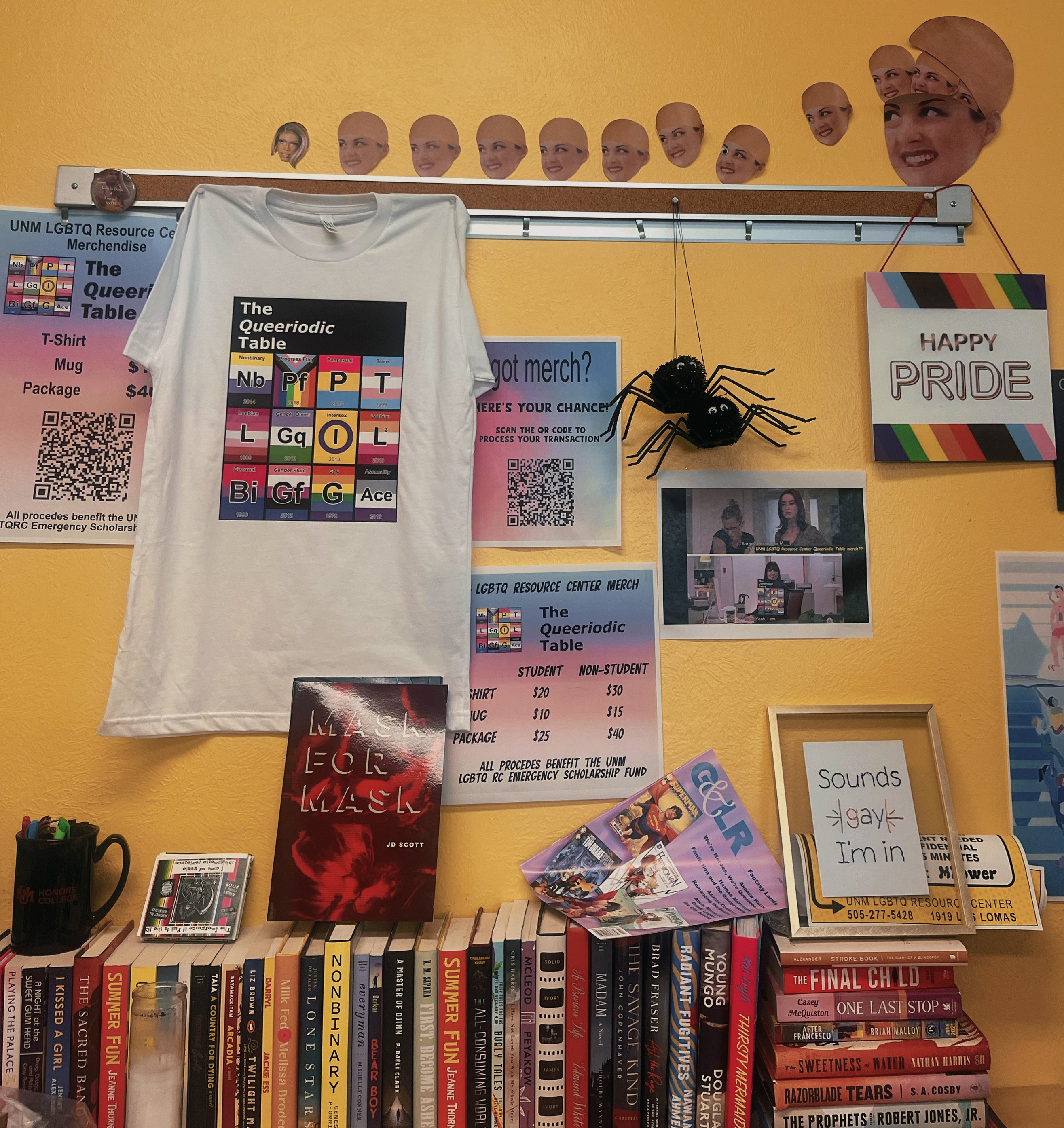A Space for all parts of my Identity
By Sunandita Santhanan | October 11, 2023
A space for all parts of my identity

On October 6th, 2023, I had the honor of attending the first QTPOC (Queer and Transgender People of Color) Slumber Party at the LGBTQIA Resource Center at the University of New Mexico. it was also hosted by the four ethnic centers at UNM. Not only was I beyond honored to be involved and a part of something so special, but I was profoundly impacted to know that there are queer and trans spaces for people of color. as a queer, Asian woman of color, I’ve always felt excluded and under-presented in white heterosexual spaces and worked very hard to conceal and erase parts of my Asian and queer identity, as well as my identity being a woman in a world built on racist, patriarchal, misogynistic, white supremacist, homophobic and transphobic sentiments. it is incredibly difficult to come to terms with and accept all the nuance and facets of who you are when the world does not model that acceptance, and in fact, villainies diversion from the “norm.”
 I had the honor of attending the QTPOC Slumber Party at the LGBTQIA resource - not just representing myself as a queer woman of color but as a queer Asian person. this wouldn't have been possible without the Asian American Pacific Islander Resource Center (AAPIRC) here at the University of New Mexico. AAPIRC is run by a Queer South Asian person and this helped my involvement in this beautiful space. some people are queer and are also people of color, and that experience is so deeply unique that it’s incredibly difficult to explain what it means to me - and in the greater scope of the world. it can be so isolating, especially in a university space that tends to be white, straight, upper middle class dominated, to not experience that sense of belonging or community.
I had the honor of attending the QTPOC Slumber Party at the LGBTQIA resource - not just representing myself as a queer woman of color but as a queer Asian person. this wouldn't have been possible without the Asian American Pacific Islander Resource Center (AAPIRC) here at the University of New Mexico. AAPIRC is run by a Queer South Asian person and this helped my involvement in this beautiful space. some people are queer and are also people of color, and that experience is so deeply unique that it’s incredibly difficult to explain what it means to me - and in the greater scope of the world. it can be so isolating, especially in a university space that tends to be white, straight, upper middle class dominated, to not experience that sense of belonging or community.
in knowing and understanding the prolonged trauma that our communities have faced as people of color AND queer people, there is so much that we carry. even so, the effects of colonialism have erased parts of our identity that we didn’t even realize we had. we receive scrutiny not only for our racial, and ethnic identity, and our religious affiliations, but it is then coupled with heteronormativity, restrictive gender binaries, transphobia, and homophobia, both within our communities and in public.
having a community of people that understand the intricacies of your identity is such a beautiful, gratifying experience - and that is what I took from this gathering of queer and trans people of color in one space. our conversations were not limited to just our experiences and trauma as queer and trans people of color, but it was a space where we let loose and were vulnerable with one another. we had discussions spanning our likes and dislikes, music tastes, astrological placements, hopes and dreams, and that’s what it’s about, taking up space and normalizing our presence in spaces that were not intended to serve us, but not as museum artifacts. we are human beings with thoughts and feelings and love to share, tears to cry, smiles and laughter. our experiences are unique and powerful and deserve to be told sung and heard over and over again. but our sole purpose is not to educate and inform you of our history and trauma. We deserve to be normalized, to simply exist and it be okay that we exist.
The people that came before me, the queer women of color, the queer Asian women, the activists and the advocates who came before me, are who made this possible, and have given me the strength and the courage to be an Asian Woman who also happens to be openly queer.
I'm lucky to have attended this event because it means so much to me as a queer person of color to have a space where I can be and express all parts of my identity without the scrutiny of the world around me, but it also has a larger impact on the what it means to have spaces that cater to community members who fit into specific intersections of marginalization and specialize services to a population that is often so under presented and underserved. I am glad to know that I am not alone in the constant fight for normalization, visibility, and representation, but also that I am not alone in the universal struggle of being a young person in a new environment like a University, juggling adulthood and responsibility.
Healing as a community with shared trauma is a blessing and a privilege that many do not get to experience. I was one of the lucky ones.
